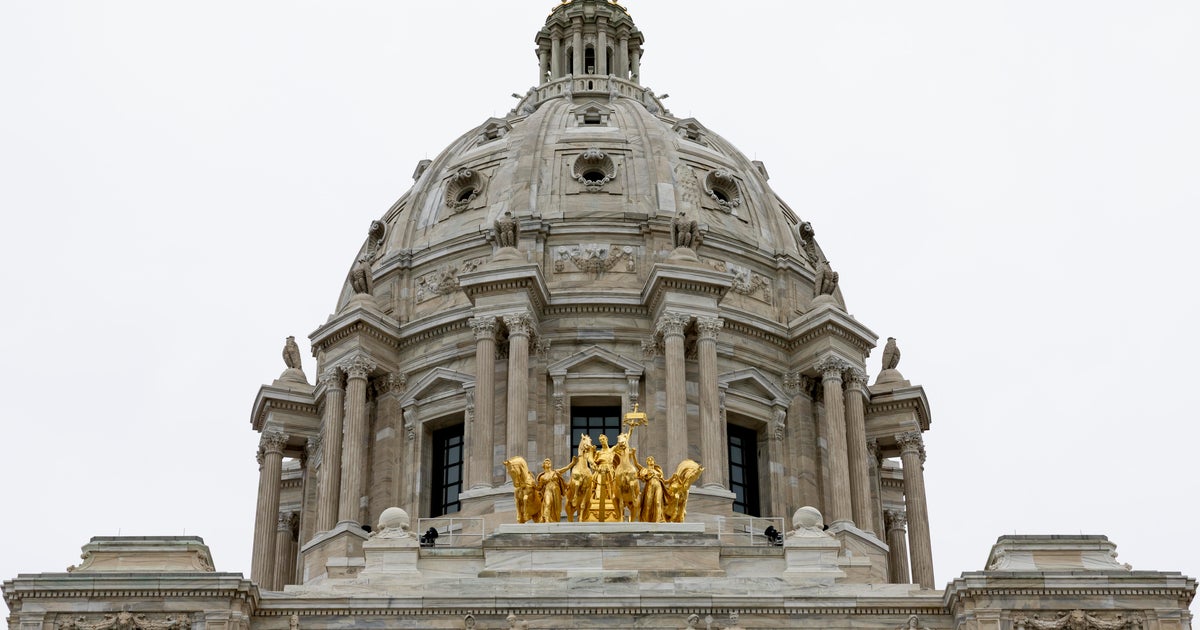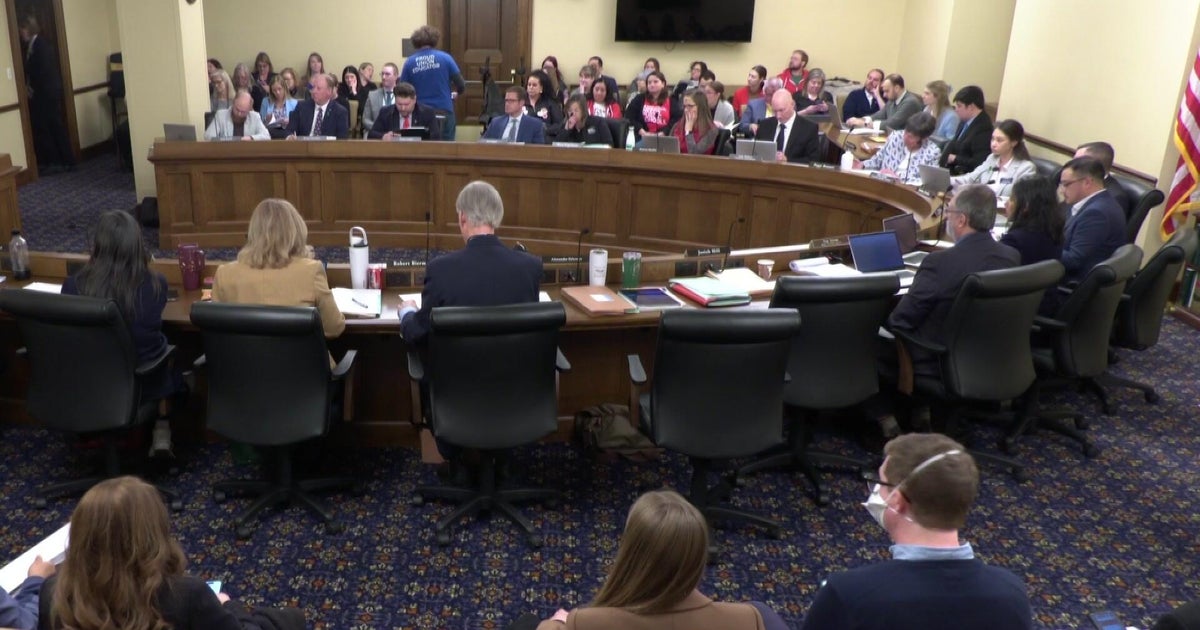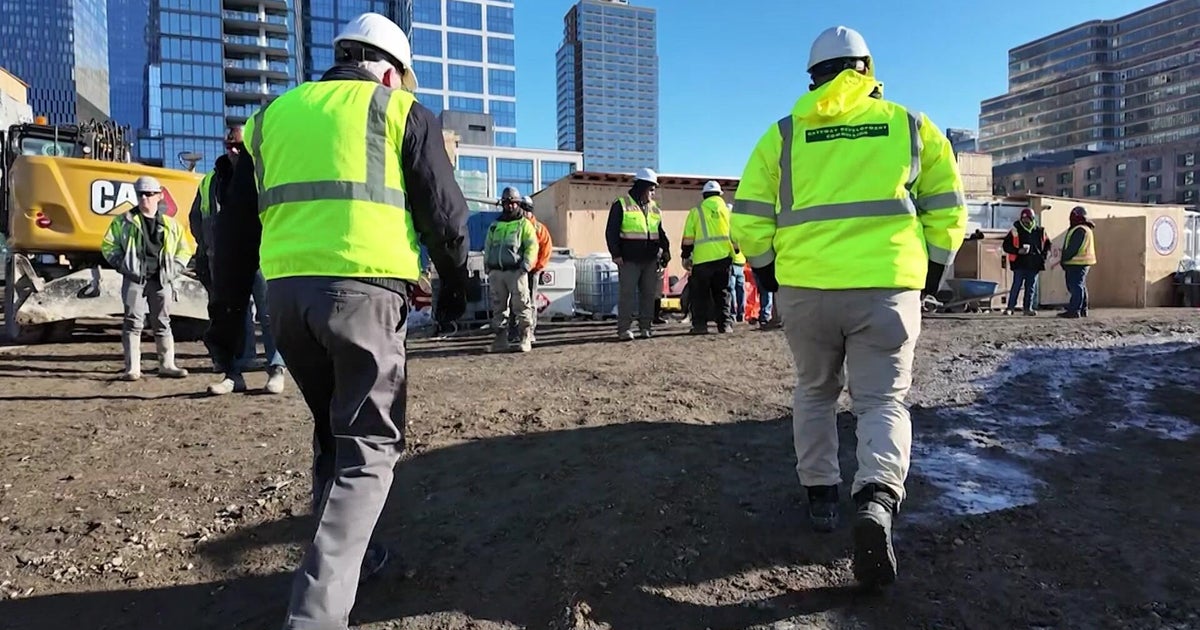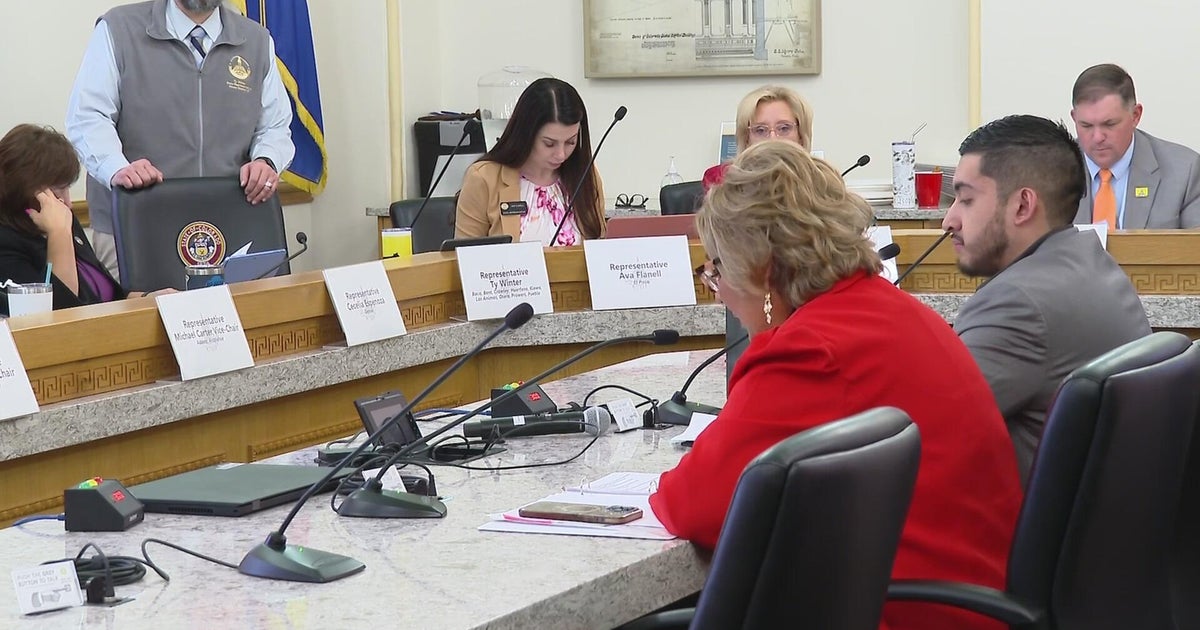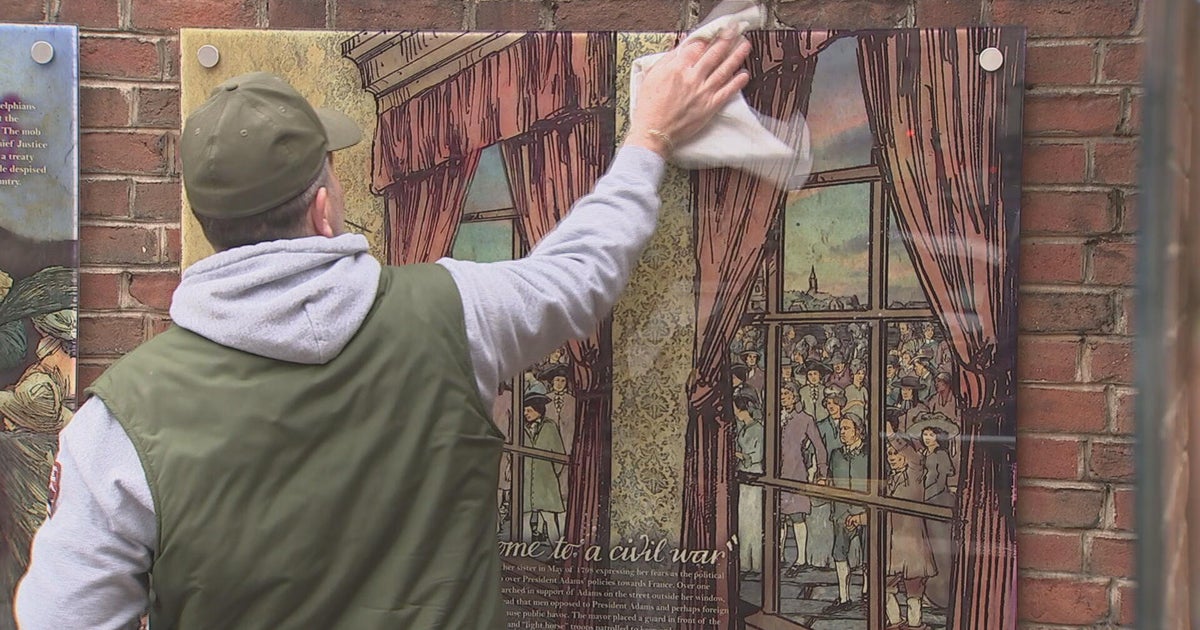Adjournment Fever Hits Legislature, Pace Quickens
ST. PAUL, Minn. (AP) -- Minnesota lawmakers plowed into the night Thursday as they sought to finalize deals on $1 billion in construction authorization, a budget bill and tax cuts.
They were up against a Sunday deadline to pass all remaining bills, though the quickening pace of deal-making suggested an earlier election-year exit was possible.
Senate Majority Leader Tom Bakk said both chambers would work overnight to allow for final adjournment by midday Friday, a rare early finish.
"It tells (voters) that one-party control can deliver on the priorities of Minnesotans and do it on time," Bakk said.
Legislators reached deals on bills to legalize medical marijuana, moved to curb the lottery's expansion into online gambling and pushed first-ever electronic cigarette restrictions to Gov. Mark Dayton's desk.
"If you think these are harmless or the addiction to nicotine is harmless, think again," Democratic Rep. Laurie Halverson, of Eagan, said of the bill that prohibits sales of e-cigarettes to minors and bans their use in government buildings, on school grounds and at daycares.
It was short of the full indoor ban some backers wanted. But it passed with ease off both floors anyway.
Republican Rep. Steve Drazkowski, of Mazeppa, called it a "government gone wild" response to an issue for which the science hasn't fully determined the health impact of chemical vapors the e-cigarettes emit.
Many of the big bills were in a holding pattern as legislative leadership negotiated over a construction project that Dayton and many lawmakers deemed critical.
The $846 million plan requires a three-fifths majority to pass, so Republican votes were essential in the Democratic-led Legislature. It heavily emphasizes higher-education campus improvements, provides the final $126 million installment for the Capitol renovation, allocates $100 million for affordable housing, gives money to outfit the new state park on Lake Vermilion and helps cities that are upgrading civic centers.
A separate construction plan using $200 million in surplus funds was moving alongside the construction borrowing bill - both in flux as Democrats and Republicans stretched for a deal to assure passage.
Deliberations around the $60 million-plus Lewis and Clark water pipeline project for southwestern Minnesota played out on multiple fronts. Tax bill writers crafted a measure that gives counties and towns in the area new taxing authority to help cover local construction costs, and the proposal is also in line for state construction dollars.
Leading lawmakers say the project is too costly for a sparsely populated area to afford on its own, but the state doesn't intend to foot the whole bill. The final deal called for 15 percent to come from local taxes and 85 percent from the state, delivered over many years.
"They're going to have to have some skin in the game," Sen. Rod Skoe, DFL-Clearbrook, said of towns affected by the project.
Rep. Ann Lenczewski, DFL-Bloomington, compared it to the Mayo Destination Medical Center development deal struck last year that required Rochester and Olmsted County to come up with matching money to access state dollars.
"We wouldn't want to overburden them and ask them to do more than they can do," she said, adding that there was broad consensus over the goal. "This is fundamental core infrastructure."
Meanwhile, a budget committee was finishing work on doling out hundreds of millions of dollars from the state's $1.2 billion surplus, agreeing to set up a $20 million fund to further broadband Internet availability in rural Minnesota, supplement early childhood scholarship programs and give a $25 per-pupil increase on the school funding formula.
The tax-cut bill included relief for businesses in the way they turn over sales tax dollars and property tax assistance to homeowners, renters and farmers. It was expected to pass with little opposition.
(© Copyright 2014 The Associated Press. All Rights Reserved. This material may not be published, broadcast, rewritten or redistributed.)
